
- ලිපිනය : ක්ෂේත්ර බෝග පර්යේෂණ හා සංවර්ධන ආයතනය, මහඉලුප්පල්ලම
- විද්යුත් ලිපිනය : fcrdi@doa.gov.lk, fieldcropsmi@yahoo.com
- දුරකථන : +94 252 249132
- ෆැක්ස් : +94 252 249132
මහඉලුප්පල්ලම, ක්ෂේත්ර බෝග පර්යේෂණ හා සංවර්ධන ආයතනය වෙත සාදරයෙන් පිළිගනිමු
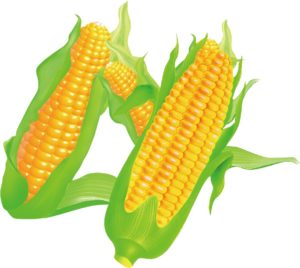
ශ්රී ලංකාවේ ක්ෂේත්ර බෝග
ශ්රී ලංකාවේ දැනට වගා කරන ක්ෂේත්ර බෝගයන් පිලිබඳ කරුණු.
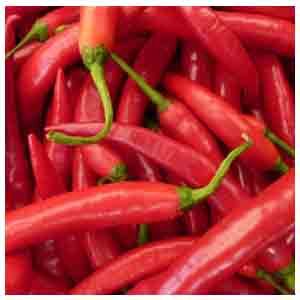
මිරිස්
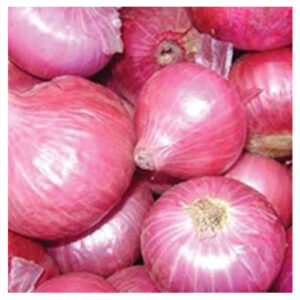
ලොකු ලූනු
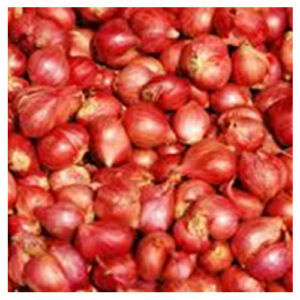
රතු ලූනු
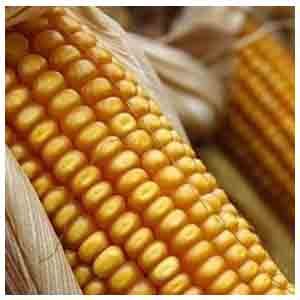
බඩ ඉරිඟු
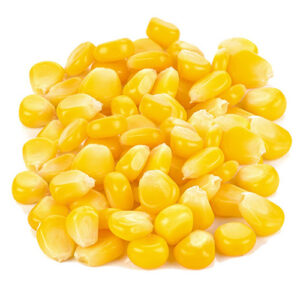
පැණි ඉරිඟු
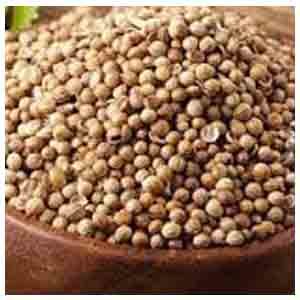
කුරක්කන්
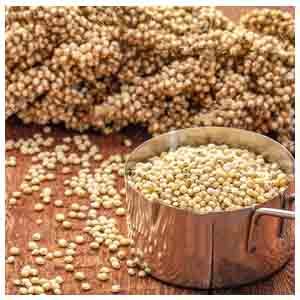
ඉදල් ඉරිඟු
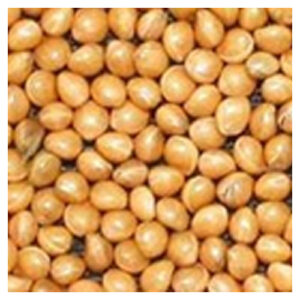
මෙනේරි
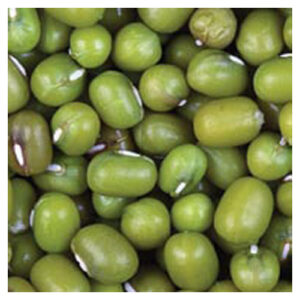
මුං ඇට
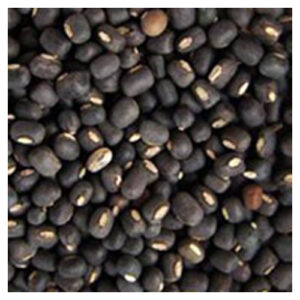
උඳු
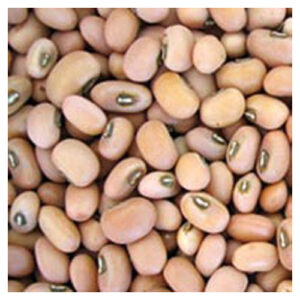
කවුපි
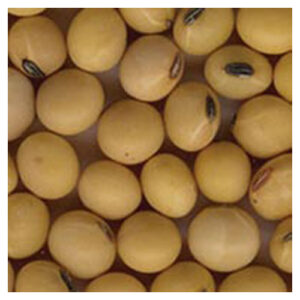
සෝයා බෝංචි
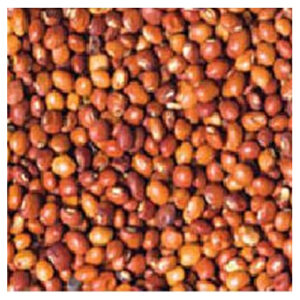
තෝර පරිප්පු
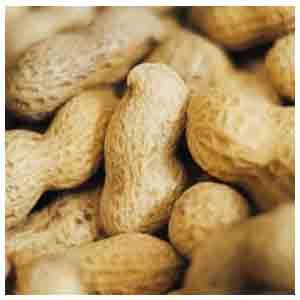
රටකජු
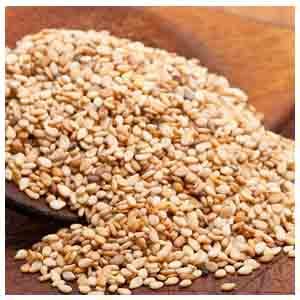
තල
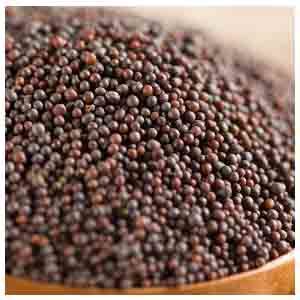
අබ
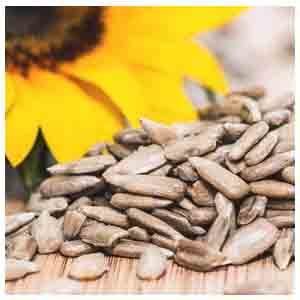
සූරියකාන්ත
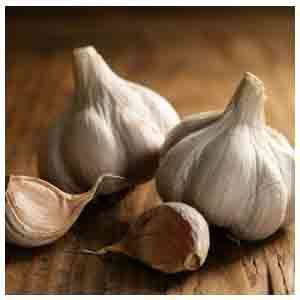
සුදුළුනු

පර්යේෂණ
අපගේ ආයතනයේ සිදු කෙරෙන පර්යේෂණ පිළිබඳ විස්තර.

සංවර්ධන (පුහුණු)
පර්යේෂණ අංශ විසින් සකස් කරන ලද නව තාක්ෂණයන් නිලධාරීන්, බෝග ගොවීන්, සිසුන් සහ ව්යවසායකයින් වෙත ලබාදීම

තාක්ෂණ හා සේවා
අපගේ ආයතනය විසින් සපයනු ලබන තාක්ෂණයන් සහ සේවාවන්.
Development of new varieties of other field crops (Chilli, Onion, maize, Fingermillet, Cowpea, Blackgram, Soybean, Mungbean, Groundnut and Sesame) through breeding programmes.
Maintenance of all the recommended crop varieties while assuring their qualities.
Providing breeder seeds of recommended crop varieties to the Seed and Planting Material Development Centre for the production of basic seeds.
Those who interest can be engaged in hybrid seed production by applying through the Director. Selected producers should make an agreement with the institute. Required technological instructions and seeds of parental lines will be provided.
Providing technical recommendations through research to increase the quantity and quality of the yield of other food crops.
Suitable fertilizer recommendations are provided for the farmers who cultivating other food crops by testing the soil condition. Rs.290/= should be paid per one soil sample. Cooperation of agricultural instructors can be gained for this.
- Publication of reports regarding the research done by the institute.
- Distribution of booklets, handbills, magazines and DVDs including technological information by department outlets.
- Providing practical knowledge to the farmers by conducting field days.
- Organizing crop clinics to aware regarding the pests and disease problems and other field problems.
- Promote the technologies through television, radio, newspapers and internet (www.doa.gov.lk)
- Conducting lectures and training programmes for different groups including students and farmers.

රෝග විනිශ්චය සහ වෙනත් සේවාවන්
රෝග විනිශ්චය සහ වෙනත් සේවාවන් ගැන ...
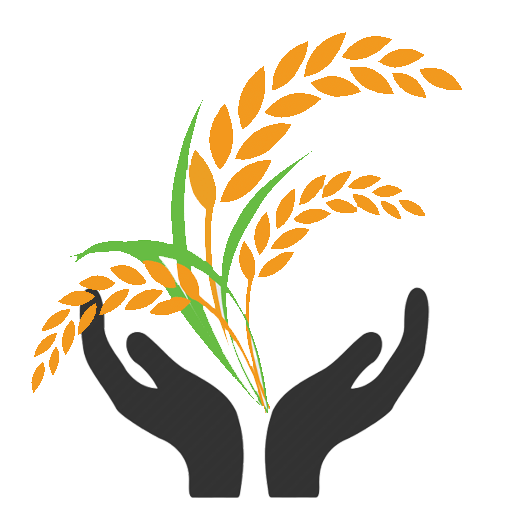
Recommended Varieties
Recommended rice varieties...
අප ගැන
ඉතිහාසය
මහඉලුප්පල්ලම හි පර්යේෂණ ඉතිහාසය 1903 දක්වා දිව යයි. වියළි කලාපයේ වැසි සහිත තත්ත්වයන් සඳහා සුදුසු ආර්ථික බෝග හඳුනා ගැනීම අරමුණු කරගනිමින් ක්ෂේත්ර පරීක්ෂණ ආරම්භ කරන ලදී. කපු, හණ, දුම්කොළ සහ රටකජු සඳහා වැඩි අවධානයක් යොමු කරන ලද නමුත් දුරස්ථභාවය සහ වෙනත් දුෂ්කරතා හේතුවෙන් 1919 දී මෙම පර්යේෂණ ස්ථානය වසා දැමීමට සිදුවිය….
මෙහෙවර
ක්ෂේත්ර බෝග අංශයේ ගොවීන්ගේ ආර්ථික පුනර්ජීවනය ළඟා කර ගැනීම සහ උත්පාදනය තුළින් ජාතික ආහාර සුරක්ෂිතතාවය සහතික කිරීම සහ ශ්රී ලංකාවේ තිරසාර ක්ෂේත්ර බෝග නිෂ්පාදනය සඳහා ප්රමුඛතා ක්ෂේත්ර භෝග සඳහා අවශ්ය තාක්ෂණය ව්යාප්ත කිරීම සඳහා පහසුකම් සැපයීම.
ඉතිහාසය
මහඉලුප්පල්ලම හි පර්යේෂණ ඉතිහාසය 1903 දක්වා දිව යයි. වියළි කලාපයේ වැසි සහිත තත්ත්වයන් සඳහා සුදුසු ආර්ථික බෝග හඳුනා ගැනීම අරමුණු කරගනිමින් ක්ෂේත්ර පරීක්ෂණ ආරම්භ කරන ලදී. කපු, හණ, දුම්කොළ සහ රටකජු සඳහා වැඩි අවධානයක් යොමු කරන ලද නමුත් දුරස්ථභාවය සහ වෙනත් දුෂ්කරතා හේතුවෙන් 1919 දී මෙම පර්යේෂණ ස්ථානය වසා දැමීමට සිදුවිය. පර්යේෂණ වැඩසටහන් පසුව වවුනියා සහ අනුරාධපුර (1926), කුරුන්දකුලම (1938), රේලපනාව, ඔලුකරන්ද සහ මාකලානගම (1938) යන ස්ථානවල ක්රියාත්මක විය.
1950 දී මහඉලුප්පල්ලම හි අංගසම්පූර්ණ පර්යේෂණ මධ්යස්ථානයක් ස්ථාපිත කරන ලද අතර එතැන් සිට බොහෝ පර්යේෂණ සොයා ගැනීම් සිදුකර ඇත. මෙම ස්ථානය 1994 දී කෘෂිකර්ම දෙපාර්තමේන්තුවේ "ක්ෂේත්ර බෝග පර්යේෂණ හා සංවර්ධන ආයතනය" ලෙස නම් කරන ලද අතර ක්ෂේත්ර බෝග පිළිබඳ පර්යේෂණ වැඩසටහන් පැවැත්වීමේ වගකීම භාර දෙන ලදී.
ස්ථානය
මෙම ආයතනය වියළි කලාපයේ උතුරු මැද පළාතේ අනුරාධපුරයට කි.මී. 35 ක් දකුණින් පිහිටි මහඉලුප්පල්ලම ( මුහුදු මට්ටමේ සිට මීටර 138 ඉහලින්) පිහිටා ඇත. සාමාන්ය වාර්ෂික වර්ෂාපතනය මිලිමීටර් 1000-1500 අතර වන අතර උෂ්ණත්වය වසර පුරා 27ºC පමණ වේ.
නව තාක්ෂණය සංවර්ධනය කිරීම අරමුණු කරගත් ක්ෂේත්ර බෝග පිළිබඳ පර්යේෂණ හා සංවර්ධන වැඩසටහන් පැවැත්වීම සහ ක්ෂේත්ර බෝග අංශයේ නිෂ්පාදනය හා ඵලදායීතාව ඉහළ නැංවීම සඳහා තාක්ෂණික ව්යාප්තියට පහසුකම් සැලසීම. ක්ෂේත්ර බෝග අතරට කුළුබඩු(මිරිස් සහ ළූණු), ධාන්ය රනිල කුලයට අයත් බෝග (මුං, කව්පි, උඳු, තෝර පරිප්පු සහ කඩල), තෙල් බෝග (රටකජු, සෝයා බෝංචි, තල සහ සූරියකාන්ත) සහ සහල් නොවන ධාන්ය වර්ග (බඩ ඉරිඟු, ඉදල් ඉරිඟු, කුරක්කන් සහ වෙනත් කුඩා මෙනේරි).....
අරමුණු
- පළිබෝධ, රෝග සහ නියඟයට ඔරොත්තු දෙන ගුණාත්මක භාවයෙන් යුත් වාරිමාර්ග හා වැසි රහිත තත්වයන් සඳහා සුදුසු ඉහළ අස්වැන්නක් සහිත අනෙකුත් ක්ෂේත්ර බෝග වර්ග, වියළි කලාපීය එළවළු සහ පලතුරු වර්ග වැඩි දියුණු කිරීම.
- පළිබෝධ සහ රෝග හේතුවෙන් බෝග පාඩු අවම කිරීම සඳහා ශාක ආරක්ෂණ උපාය මාර්ග සංවර්ධනය කිරීම.
- නිෂ්පාදන පිරිවැය අඩු කිරීම, කෘෂිකාර්මික ඉඩම් හා බෝග වල ඵලදායීතාව ඉහළ නැංවීම සඳහා වැඩි දියුණු කරන ලද කෘෂි විද්යාත්මක භාවිතයන් සංවර්ධනය කිරීම.
- නව වැඩිදියුණු කළ ප්රභේද හා තාක්ෂණයන්හි අනුවර්තනය වීමේ හැකියාව පරීක්ෂා කිරීම.
- වැඩි දියුණු කළ පාංශු හා ජල සංරක්ෂණ ක්රම සහ පාංශු සාරවත්බව කළමනාකරණ පිළිවෙත් සංවර්ධනය කිරීම.
අංශ
ක්ෂේත්ර බෝග පර්යේෂණ හා සංවර්ධන ආයතනයෙහි ප්රධාන වශයෙන් අංශ 9ක් සහ උප අංශ 6ක් පවති. එනම්,
- ශාක අභිජනන අංශ
- මිරිස්
- රළු ධාන්ය
- ලොකු ලූනු
- සෝයා බෝංචි හා කවුපි
- මුං හා උඳු
- එළවළු
- ශෂ්ය විද්යා අංශය
- වල්පැලෑටි විද්යා අංශය
- පාංශු හා ජල කළමනාකරණය අංශය
- පාංශු විද්යා අංශය
- ජෛව තාක්ෂණ අංශය
- කීට විද්යා අංශය
- ශාක ව්යාධිවේද අංශය
- උද්යාන විද්යා අංශය
උප ඒකක
ක්ෂේත්ර බෝග පර්යේෂණ හා සංවර්ධන ආයතනය යටතේ උප ඒකක අටක් ඇත.
- මාෂ හා තෙල් බෝග පර්යේෂණ හා සංවර්ධන මධ්යස්ථානය – අඟුණකොලපැලැස්ස
- ප්රාදේශීය කෘෂිකර්ම පර්යේෂණ හා සංවර්ධන මධ්යස්ථානය – කිලිනොච්චිය
- ප්රාදේශීය කෘෂිකර්ම පර්යේෂණ හා සංවර්ධන මධ්යස්ථානය – අරලගංවිල
- ප්රාදේශීය කෘෂිකර්ම පර්යේෂණ හා සංවර්ධන මධ්යස්ථානය – කරදියනාරු
- කෘෂිකර්ම පර්යේෂණ ස්ථානය – තිරුනෙල්වේලි
- ගොවිපල යාන්ත්රික පර්යේෂණ මධ්යස්ථානය – මහඉලුප්පල්ලම
- උපයෝගිතා පර්යේෂණ ස්ථානය – වීරවිල
- උපයෝගිතා පර්යේෂණ ස්ථානය – වවුනියාව
- ලිපිනය : ක්ෂේත්ර බෝග පර්යේෂණ හා සංවර්ධන ආයතනය, මහඉලුප්පල්ලම, ශ්රී ලංකාව
- විද්යුත් ලිපිනය : fcrdi@doa.gov.lk
- දුරකථන : +94 252 249132
- ෆැක්ස් : +94 252 249132
- විවෘතව තැබෙන වේලාවන් : සඳුදා සිට සිකුරාදා දක්වා - උදේ 8.30 සිට සවස 4.15 දක්වා (සෙනසුරාදා, ඉරිදා සහ රජයේ නිවාඩු දිනයන්හිදී වසා ඇත)
- ක්ෂේත්ර බෝග පර්යේෂණ හා සංවර්ධන ආයතනය, මහඉලුප්පල්ලම, ශ්රී ලංකාව
- fcrdi@doa.gov.lk, fieldcropsmi@yahoo.com
- +94 252 249132
- +94 252 249132
- සඳුදා සිට සිකුරාදා පෙ.ව. : 8.30 සිට ප.ව. : 4.15 දක්වා විවෘතව ඇත. (සතිඅන්තයේ සහ රජයේ නිවාඩු දින වල වසා ඇත)
